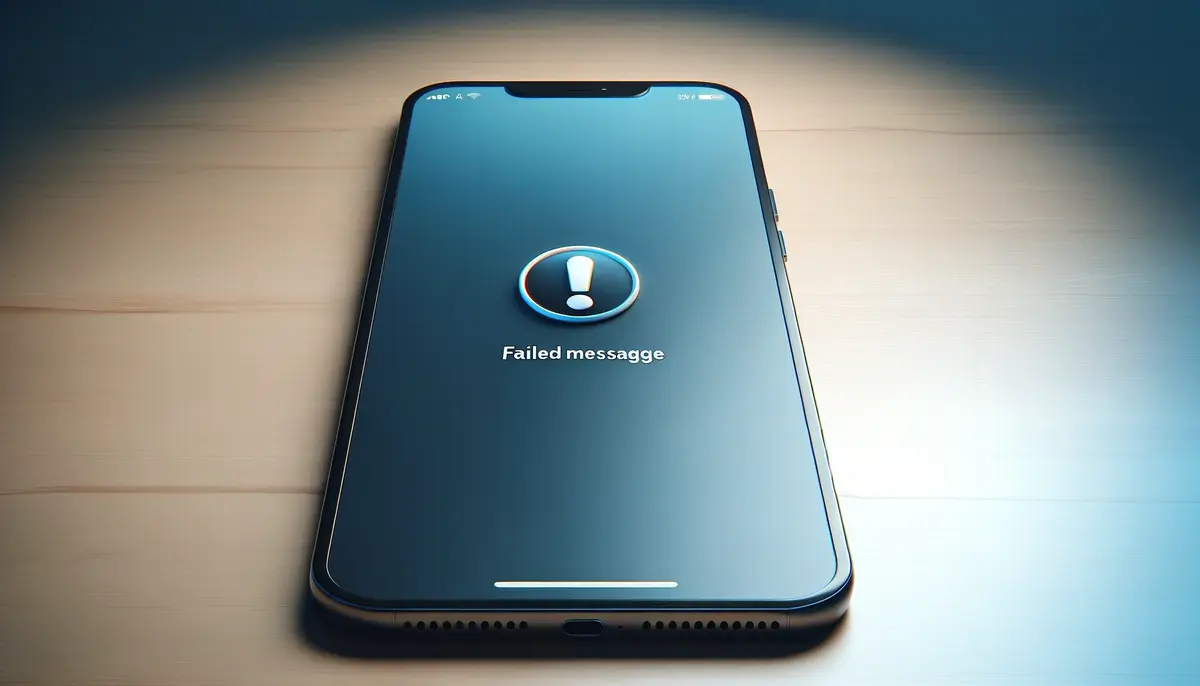Sending SMS messages is a great way to reach your customers. This is one of the best ways of SMS marketing. However, sometimes users fail to send these messages as they get trapped and blocked.
In this post, we have covered all the basics about SMS messages and why they get blocked.
Why SMS Messages Get Blocked
Mobile carriers keep an eye on every number and judge if the number seems suspicious. If yes, they often send text messages from those spammy numbers in the gutter. The mobile carriers use special computer programs to check the content and message-sending rates from every number registered on the network.
If they think your message is spam or if you send too many messages at once, they might block it. Here are some common reasons for message blocks:
- Unrecognizable URLs: Using short URLs can look suspicious. You should also not trust those links.
- Repeated Messages: Sending the same message over and over without changes can get flagged.
- Multiple Phone Numbers: Including more than one phone number in your message. Also called bulk SMS.
- Long Texts: Messages that are too long can be split up and blocked.
- Unknown Numbers: Phones often block messages from numbers network carriers don’t recognize.
- High Sending Rate: Sending too many messages from the same number in a short time.
Tips to Avoid Getting Blocked
There are several ways to avoid getting your messages blocked:
- Identify Yourself: Ensure the receiver has your number in their content list. This makes it less likely your message will be blocked.
- Offer an Opt-Out: Let people know how they can stop receiving messages from you. This makes them less likely to block you.
- Keep Messages Short: Try to keep your messages under 160 characters.
- Encourage Replies: Ask for responses other than opt-outs to show your messages are wanted.
- Send Messages Sparingly: Don’t send too many messages at once. Spread them out over time.
- Use Branded URLs: Instead of using generic short links, use URLs that include your brand name.
Additional Tips to Avoid Messages from Getting Blocked
Let’s get deep into the strategies to ensure your SMS messages are delivered effectively.
1. Understand Carrier Filtering
Network carriers filter text messages to protect users from spam. They use algorithms and machine learning to identify spammy patterns. Understanding how this works can help you avoid common pitfalls. For instance, if your message content or sending pattern resembles spam, it might get flagged.
- Content Filtering: Carriers check message content for spam indicators like too many links, suspicious URLs, or repetitive phrases.
- Rate Limiting: Sending too many messages in a short period from the same number can trigger filters.
- Number Reputation: Using a new or unregistered number for bulk SMS can result in higher scrutiny.
2. Compliance with Regulations
Ensuring compliance with local and international SMS regulations is crucial. For instance, in the US, adhering to the guidelines set by the Cellular Telecommunications Industry Association (CTIA) and the Telephone Consumer Protection Act (TCPA) can help.
- 10DLC Regulations: In the US, using 10-digit long codes (10DLC) requires registration with The Campaign Registry (TCR) to ensure high throughput and message delivery.
- Opt-in and Opt-out Mechanisms: Always get explicit consent from recipients and provide easy ways to opt-out.
3. Message Personalization
Personalized messages have a higher chance of being delivered and read. Use the recipient’s name and tailor the content to their preferences or past interactions. This reduces the chances of your messages getting flagged as spam.
- Dynamic Fields: Use placeholders in your SMS platform to insert names, purchase history, or other personalized details.
- Segmented Lists: Divide your contact list into segments based on behavior, preferences, or demographics to send more relevant messages.
4. Optimize Message Content
Crafting your message carefully can make a big difference. Here are some content-related tips:
- Keep It Short: Stick to 160 characters if possible to avoid message splitting.
- Clear Call to Action: Be direct about what you want the recipient to do, whether it’s clicking a link, replying, or taking another action.
- Avoid Spam Triggers: Words like “free,” “win,” or “urgent” can trigger spam filters if overused.
5. Use a Recognizable Sender ID
A recognizable sender ID builds trust. Use your business name as the sender ID if possible. This makes your messages look legitimate and encourages recipients to open them.
6. Monitor Delivery Reports
Most SMS platforms provide delivery reports. Use these to track the success of your messages. High delivery failure rates can indicate issues with your content or sending patterns.
- Analyze Patterns: Look for trends in delivery failures to identify potential issues.
- Adjust Strategies: Based on your findings, tweak your messages, sending times, or frequency.
7. Engage with Recipients
Encourage recipients to interact with your messages. This can help reduce the likelihood of being flagged as spam. Ask questions, run polls, or invite feedback to keep the engagement high.
8. Use Quality Links
If you need to include links, use branded URLs. Avoid generic short links that can look suspicious. Tools like Bitly offer custom short domains that reflect your brand.
9. Limit the Frequency of Messages
While it’s important to stay in touch with your audience, sending too many messages can lead to complaints and blocks. Find a balance in your messaging frequency.
- Test and Measure: Experiment with different frequencies and measure the response. Adjust based on what works best for your audience.
- Quality over Quantity: Focus on sending valuable and relevant messages rather than frequent updates.
10. Partner with a Reliable SMS Service Provider
Working with a reputable SMS service provider like Red Oxygen can enhance your delivery rates. They offer tools and features that help you comply with regulations and optimize message delivery.
- Bulk SMS Tools: Efficiently manage large volumes of messages with personalization options.
- Delivery Optimization: Advanced algorithms to ensure your messages pass through carrier filters.
Conclusion
Understand why SMS message gets blocked and implement the strategies explained above to improve the delivery rate of your SMS campaigns. Personalization, compliance, and careful content optimization are key. Partnering with a reliable SMS service provider can further enhance your efforts, ensuring your messages reach your audience effectively.








